- Is it Possible to Eat Junk Food and Still Maintain a Healthy Diet?
- FAQ
- Frequently Asked Questions: Is it Possible to Eat Junk Food and Still Maintain a Healthy Diet?
- 1. Can I eat junk food and still have a healthy diet?
- 2. How does consuming junk food impact heart disease risk?
- 3. What is the relationship between junk food and weight gain?
- 4. Can eating fast food occasionally fit into a healthy diet and lifestyle?
- 5. How does excessive consumption of junk food relate to type 2 diabetes risk?
- Conclusion
Is it Possible to Eat Junk Food and Still Maintain a Healthy Diet?
Living as an Indian in today’s fast world, the lure of junk food is strong. It’s easy to grab a soda and chips or give in to sweets. The real question is, can you mix some junk food with your diet and stay healthy?
Junk food is food full of empty calories and high in bad stuff like sugar and salt. Think soda, chips, candy, and cakes. Almost half of an American’s daily calories can come from these foods. And a lot of that sugar comes from drinks.
Studies strongly connect junk food to problems like obesity or diabetes. These unhealthy snacks are easy to find, cheap, and taste good. This makes it easy to eat too much, which leads to illness. Yet, avoiding junk food completely isn’t always needed for a healthy diet.

Key Takeaways
- Junk food is defined as highly processed, calorie-dense foods that are low in nutritional value.
- Consumption of junk food, especially sugary drinks, is linked to obesity, type 2 diabetes, and heart disease.
- However, completely eliminating junk food from your diet may not be a realistic or necessary approach for many people.
- The key is to maintain a balanced diet, where the majority of your food choices come from whole, minimally processed options.
- Occasional indulgences in small portions of junk food can be part of a healthy lifestyle, as long as they don’t make up the majority of your caloric intake.
What is Junk Food?
When we talk about “junk food” today, we mean those processed, packed with calories but lacking in nutrients. These are usually foods with high sugar and fat content but little vitamins, minerals, or fiber. Think of items like soda, chips, candy, cookies, pastries, doughnuts, and cake, for example.
Soda, Chips, Candy and Cookies
The experts have a tough time nailing down a clear definition for junk food, as it covers many foods. Generally, it refers to salty snacks, candy, soda, and other processed goods like bakery items and sugary cereals. These options are high in calories, saturated fats, sugar, and salt but offer very little nutrition.
Highly Processed Foods with Little Nutritional Value
What makes junk food stand out is its abundance of calories, fats, and sugars. At the same time, they lack the important vitamins, minerals, and fiber our bodies need. Because they’re made to taste so good, we often eat too much of them. This can lead to many health problems.
Junk Food in Disguise
In our world of food, not all things labeled “healthy” truly are. Some junk food in disguise looks good but hides unhealthy secrets. Let’s explore a few tricky foods.
Fruit Drinks and Sports Drinks with Added Sugar
Junk food in disguise often includes fruit drink and sports drink. These can seem better than soda but can have lots of added sugar. So, look at the labels. Choose drinks with no sugar or very little to avoid extra calories and sugar.
Granola Bars and “Healthy” Snacks with Hidden Sugars
Then there are granola bars and so-called “healthy” snacks. They might seem good with ingredients like oats and nuts. But, they might have lots of hidden sugars too. Always check the labels and ingredients. Make sure these snacks aren’t just sugary treats in disguise.
Gluten-Free Products with Similar Nutrition Profiles
The gluten-free trend brought many new gluten-free products. These include cookies, cakes, chips, and crackers. But, not all gluten-free products are healthier. They can be just as processed as products with gluten. Often, they lack important vitamins, minerals, and fiber.
So, don’t just trust the label or the marketing. Always look at the nutrition profile of what you eat. This way, you can avoid the junk food in disguise and make real healthy choices. Being informed is the key to eating well.

The Addictive Nature of Junk Food
Junk food is often seen as addictive, and there’s a good reason why. It’s not just the taste that hooks us. The mix of sugar and fat in these snacks can really change how our brain works. This can lead to us wanting more and eating too much.
Sugar and Fat Combination Stimulates Brain’s Reward Pathways
Individually, sugar and fat may not always be addictive. But when they’re together, they do something special to our minds. They light up our brain’s reward system, making us want more. This can make us eat more junk food than we should.
Potential for Food Addiction and Overconsumption
In a review of 52 studies, foods high in fat and sugar stood out as most addictive. They create a cycle that’s hard to break: craving and overeating. This leads to weight gain and many health problems. The sugar-fat duo in junk foods is especially worrying. It makes it hard for us to stick to a healthy diet.
Is it Possible to Eat Junk Food and Still Maintain a Healthy Diet?
Living a busy life in India, I’m often drawn to the quick, easy nature of junk food. But I’ve learned something important. It’s possible to eat junk food and still maintain a healthy diet. This is true if I focus on balance, proportion, and moderation.
The first source I turned to highlighted a key strategy. I should aim for 90% of my meals to be nutritious, whole foods. This approach lets me indulge in the foods I love from time to time. But I keep it to around 10% of what I eat, making my diet both healthy and enjoyable.
However, there’s a problem a lot of Americans face. They get almost half their daily calories from junk food. To avoid this issue, it’s crucial for me to find the right balance. This way, the junk food I enjoy now and then doesn’t take over. It’s about ensuring I still get the important nutrients my body needs.
With careful attention to moderation, I can work small amounts of junk food into my healthy diet. This strategy allows me to enjoy my favorite treats without sacrificing my health goals. It’s really about finding the balance. So I eat what I enjoy while looking after my well-being.
| Healthy Alternatives to Junk Food | Benefits |
|---|---|
| Fruits and Vegetables | Rich in vitamins, minerals, and fiber to support overall health |
| Whole Grains and Legumes | Provide complex carbohydrates, protein, and a variety of nutrients |
| Healthy Fats and Proteins | Promote satiety, support muscle growth, and reduce inflammation |
| Water and Unsweetened Beverages | Hydrate the body and avoid the excess sugar found in sugary drinks |
Including these healthy options in my regular meals ensures my body gets essential nutrients. Yet it still leaves room for the occasional junk food treat. It’s about finding the right balance. This way, I keep enjoying what I eat while staying healthy.
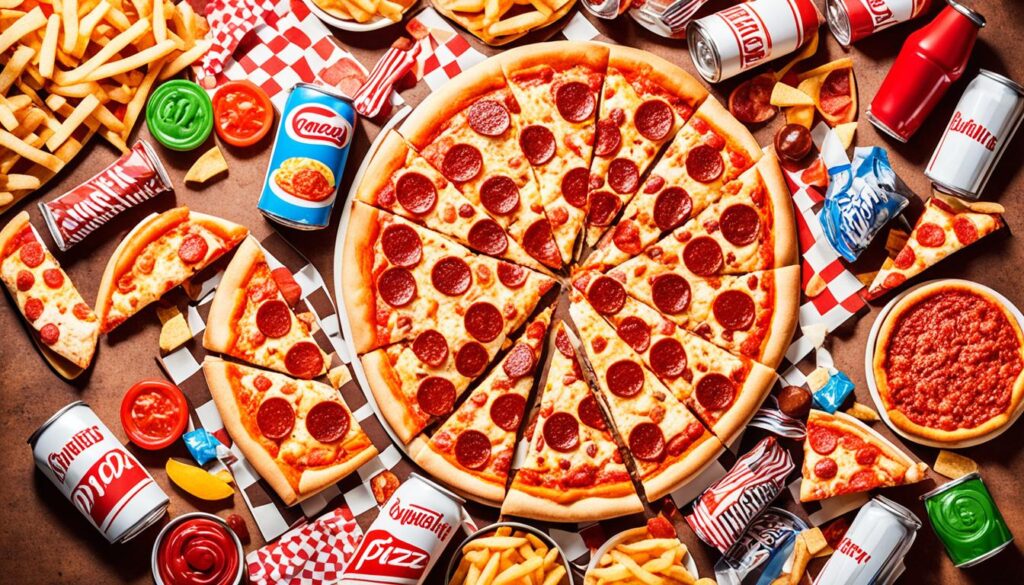
Junk Food and Chronic Diseases
Junk food is packed with sugar, fat, and calories. This kind of food is often linked to serious health issues. These include obesity, heart disease, and type 2 diabetes. That’s why it’s a big worry these days.
Obesity and Weight Gain
Junk food is a big problem for obesity and weight gain. Foods like sugary drinks don’t keep you feeling full. This leads to eating more and taking in too many calories. This, along with how easy and tasty junk food is, plays a big part in making us fatter and sicker.
Heart Disease and Increased Risk Factors
Digging into too much junk food can harm our hearts. Items high in saturated fat and added sugars mess with our blood. They can make triglycerides, blood pressure, and bad cholesterol levels too high. All this badness can really hurt our hearts over time.
Type 2 Diabetes and Insulin Resistance
Too much junk food raises the risk for type 2 diabetes. It’s because this food has lots of carbs and sugars. These make our blood sugar levels jump. This can make our body less able to use insulin. And that’s a sign that type 2 diabetes could be on the way.
The problem with junk food is how cheap and tasty it is. But this ease of getting it adds to health problems like obesity, heart disease, and type 2 diabetes. So, it’s super important to eat less of these bad, unhealthy foods. This will help us stay healthier in the long run.
The Dangers of Diet Obsession
Keeping a healthy diet is important, but being too strict can cause problems. The second source warns us about becoming obsessed with our diet. This includes seeing foods as either good or bad and never allowing ourselves to enjoy treats. Such diets can make us think too much about food, lead to eating disorders, and even make us gain weight. It’s crucial to find a balance to avoid harming our well-being and relationship with food.
Increased Risk of Overeating and Weight Gain
When we cut out our favorite foods, we often want them more. This can cause us to overeat and gain weight. Balance and moderation are essential to prevent these issues and to have a diet that is both healthy and enjoyable in the long term.
Flexible Approach: 80–90% Whole Foods, 10–20% Treats
The second source suggests a more relaxed way of eating. They recommend that most of what we eat should be healthy, whole foods. But there’s also room for occasional treats. This approach lets us enjoy treats with no guilt, which is important for both losing weight and staying happy. It’s all about finding a middle ground for our diet that supports our lifestyle.

The real secret is to find a diet that’s balanced and works for you. Focus on moderation and not cutting things out completely for real and sustainable change.
Moderation or Abstinence?
The argument about handling junk food is on-going. Some say you should cut these foods out totally, while others suggest moderating. For people with binge eating disorder, some foods can trigger big eating sessions. They might need to think about completely avoiding these items with the help of a professional, rather than just limiting them.
Avoiding Temptation by Keeping Junk Food Out of the House
If you have trouble controlling how much junk food you eat, one tip is to not have them in your home. This way, you can easily pick healthier foods over junk food. Thus, you avoid the problem of snacking too much.
Portion Control and Replacing Junk Food with Healthier Options
Others might find it easier to manage with a flexible approach rather than cutting out junk food completely. They focus on portion control and swap junk food for better choices. Enjoying small parts of your favorite snacks within a balanced diet can work well. It lets you have a treat now and then without overdoing it.
The right method depends on how you personally deal with junk food and your health goals. If certain foods are hard to resist, you might need a stricter plan. But a more flexible approach also works for many. The important thing is to choose a way that helps you maintain a healthy diet in the long run.
Healthy Alternatives to Junk Food
Junk food is tempting but choosing healthier options is great for your health. Let’s look at tasty and good-for-you foods to swap for those not-so-healthy meals.
Fruits and Vegetables
Adding more fruits and vegetables is key to a healthy diet. They’re full of vitamins, minerals, and fiber. Go for a mix of colorful items like berries, apples, and carrots. These healthy alternatives beat junk food and keep you satisfied.
Whole Grains and Legumes
Eat whole grains like brown rice and quinoa with legumes such as lentils or black beans. They’re packed with good-for-you stuff. Plus, they’re a better choice than the not-so-healthy junk food out there.
Healthy Fats and Proteins
Don’t forget about healthy fats from avocado and nuts and proteins from lean meats or tofu. They keep you full and help your body work its best.
Water and Unsweetened Beverages
Choosing water or unsweetened beverages is vital. Skip sugary drinks and go for tea or water with fruit. This swap cuts empty calories and boosts your health.

Make small but steady changes to drop junk food for healthy alternatives. It’s about finding the right mix and treating yourself in moderation.
Tips for Reducing Junk Food Intake
Reducing junk food is tough, but it can be done with the right tips. Instead of buying them, leave junk food on the store shelf. Choose nourishing foods when shopping, leaving the unhealthy stuff behind.
Leave Junk Food on the Store Shelf
Skipping junk food at the store means you won’t be tempted later. By reducing junk food intake each time you shop, you make healthier choices daily.
Portion Control and Avoid Eating Straight from the Bag
If you treat yourself, watch the size. Eating straight from the package causes overeating. Portion your food and enjoy it slowly, helping you control snacking.
Implement Small Changes Over Time
Changing slowly works better than big changes you can’t keep up. Swap an unhealthy snack for a healthy one daily. This lets you eat better while still enjoying treats.
By using these tips, you can surely take steps to reduce your consumption of junk food. This will lead to a healthier, more balanced diet.
FAQ
Frequently Asked Questions: Is it Possible to Eat Junk Food and Still Maintain a Healthy Diet?
1. Can I eat junk food and still have a healthy diet?
It is possible to consume junk food occasionally and still maintain a healthy diet. The key is moderation and balance. Incorporating healthy food choices and eating nutrient-rich meals alongside occasional junk food intake can help sustain overall health.
2. How does consuming junk food impact heart disease risk?
Eating too much junk food high in sugar, saturated fat, and trans fat can increase the risk of heart disease. It is important to limit the intake of these unhealthy fats to maintain heart health.
3. What is the relationship between junk food and weight gain?
Frequent consumption of junk food that is high in calories and low in nutritional value can lead to weight gain. Managing the amounts of junk food and focusing on a balanced diet can help prevent excessive weight gain.
4. Can eating fast food occasionally fit into a healthy diet and lifestyle?
Occasional consumption of fast food can be included in a healthy diet and lifestyle, as long as it is balanced with other nutrient-dense foods. It is essential to make informed food choices and monitor overall caloric intake.
5. How does excessive consumption of junk food relate to type 2 diabetes risk?
Regularly consuming high amounts of junk food that is packed with added sugar
Conclusion
After thinking about what we’ve learned, I truly believe we can eat healthily even with some junk food. It’s important to keep a balance and not overdo it on unhealthy snacks. Although junk food is full of bad stuff like calories and fat, having a small amount now and then is okay in a balanced diet.
Making slow changes in how we eat and choosing more healthy foods, like fruits and veggies, is key. This way, we can still treat ourselves with some pizza or chips from time to time. The real problem starts when junk food becomes a big part of what we eat every day.
From now on, I will work on cutting down on junk food by not keeping it at home and being mindful of portion sizes. I’ll switch it out for better snack options. By doing this, I trust I can stick to a good diet, still enjoy treats at times, and looking after my health.

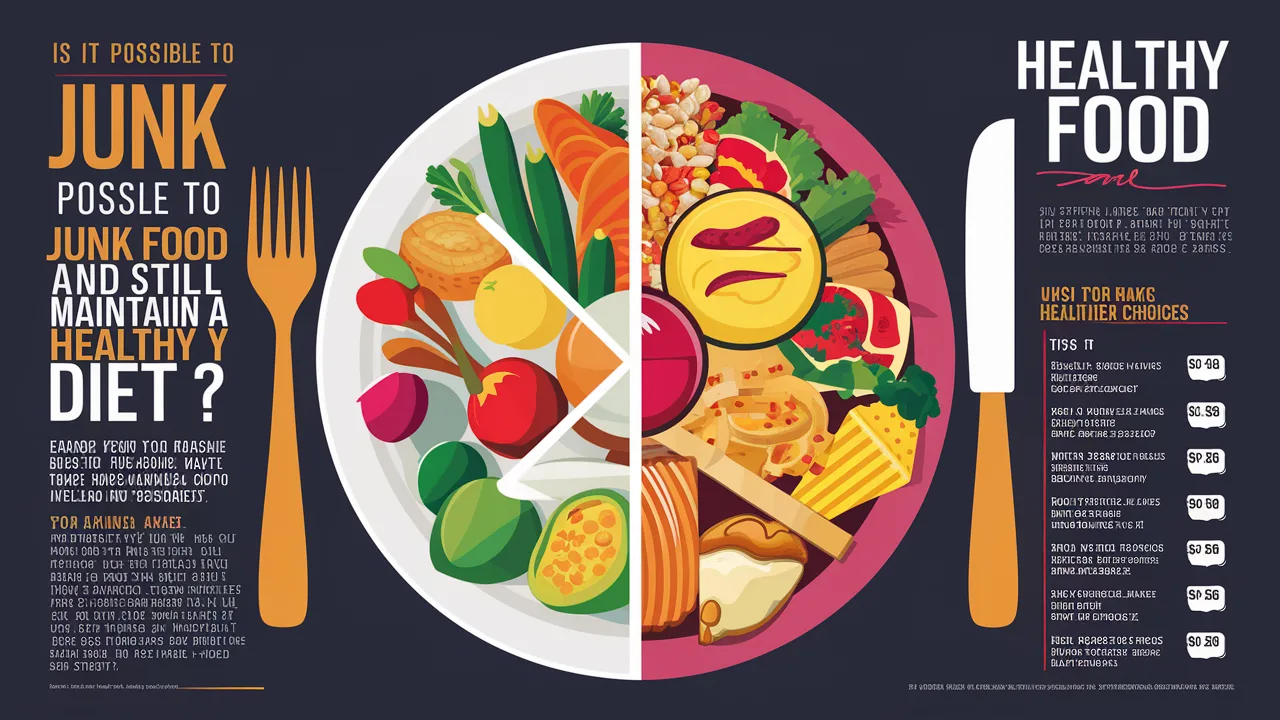
 low-calorie, high-fiber foods are the perfect combo for healthy eating
low-calorie, high-fiber foods are the perfect combo for healthy eating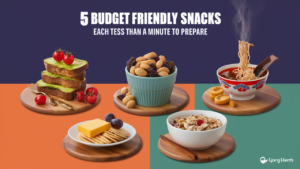 5-minute snacks that costs cheap than a dollar and delight your taste buds
5-minute snacks that costs cheap than a dollar and delight your taste buds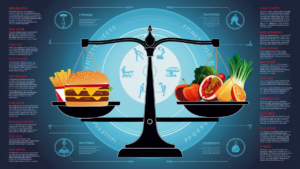




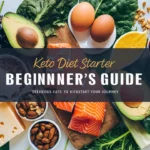
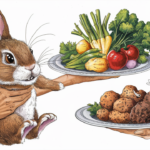
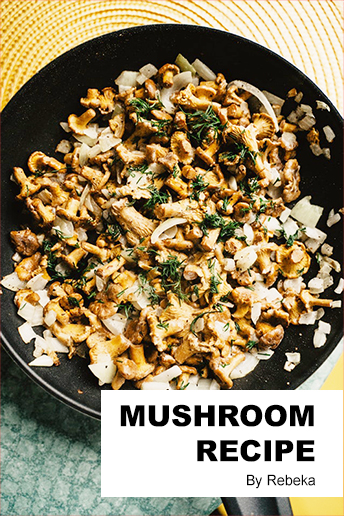

June 12, 2024 at 1:20 pm[…] Explore time-saving recipes for busy lives that won’t break the bank. […]